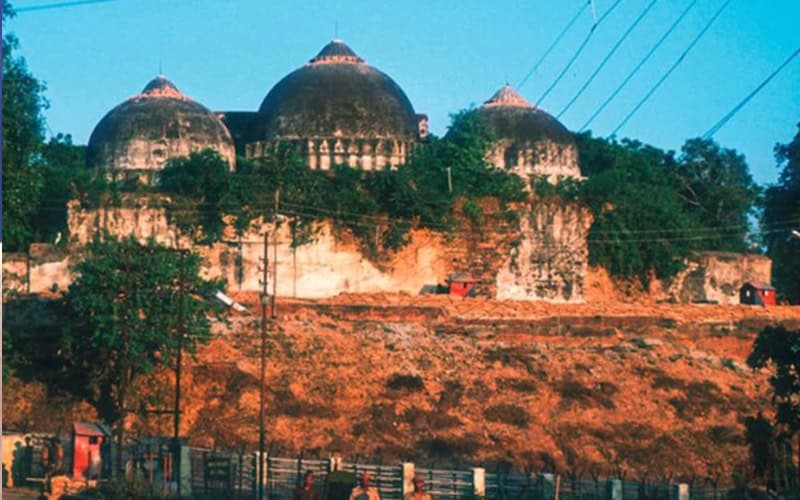New Delhi: In a surprise development, Sunni Waqf Board- the primary Muslim litigant in the title dispute case has offered to drop its claim on Babri Masjid land with few conditions, a source told Muslim Mirror.
Conditions
Outlining its three conditions, the Waqf Board wants the UP government to rebuild 22 mosques lying in a dilapidated condition, strict implementation of the Places of Religious Worship Act 1991, and allowing Muslims to pray in all mosques under the central government’s Archaeological Survey of India.
However, this offer would not impact the proceedings before the court.
Sunni Waqf Board, which had filed a suit for ownership of the structure in 1961.
It is in not immediately clear what riders the Sunni Waqf Board has attached to its settlement proposal, which has apparently been submitted via the three-member mediation panel that the court had set up earlier this year.
The Uttar Pradesh Sunni Central Waqf Board had earlier denied reports that it was diluting its stand in the Babri Masjid-Ram Janmabhoomi case. It had said it “unequivocally affirms its full faith in the ability and competence” of senior counsel Rajeev Dhawan, who is arguing for the Muslim side.
6th December 1992
On 6 December 1992, a large group of Hindu activists of the Vishva Hindu Parishad and allied organizations demolished the 16th-century Babri Mosque in the city of Ayodhya, in Uttar Pradesh. The demolition occurred after a political rally organized by Hindu nationalist organizations at the site turned violent.
In Hindu tradition, the city of Ayodhya is the birthplace of Rama. In the 16th century a Mughal general, Mir Baqi, had built a mosque, known as the Babri Masjid at a site identified by some Hindus as Ram Janmabhoomi, or the birthplace of Rama.
In the 1980s, the Vishva Hindu Parishad (VHP) began a campaign for the construction of a temple dedicated to Rama at the site, with the Bharatiya Janata Party (BJP) as its political voice. Several rallies and marches were held as a part of this movement, including the Ram Rath Yatra led by L. K. Advani.

